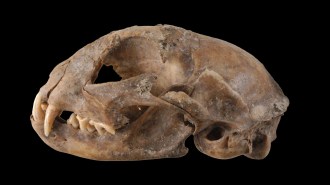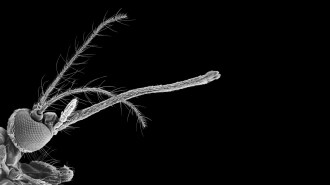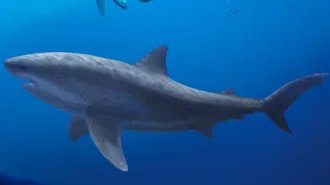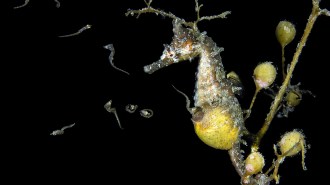How the ghost shark lost its stomach
Lack of digestive organ in fish and other animals linked to genes
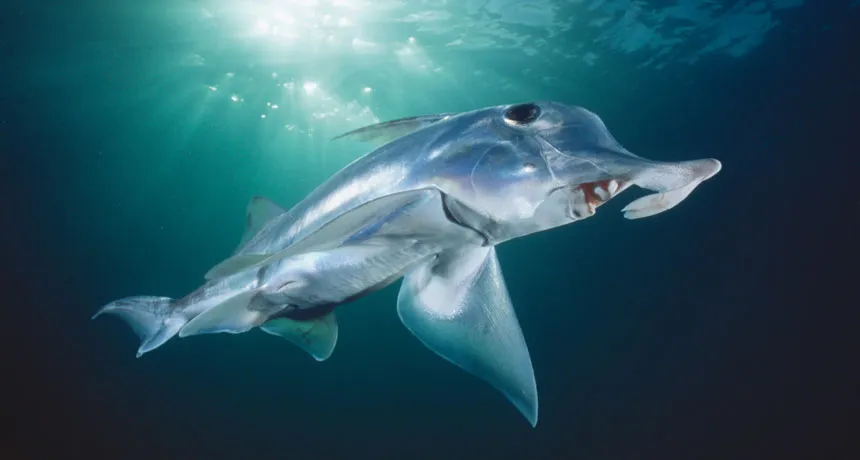
LOOK MA, NO STOMACH A ghost shark manages just fine, thank you, without the highly acidic digestive zone known as a stomach. And now scientists have a better understanding, from a genetic perspective, why the fish and other animals lack the organ.
Kelvin Aitken/VWPics/Associated Press


